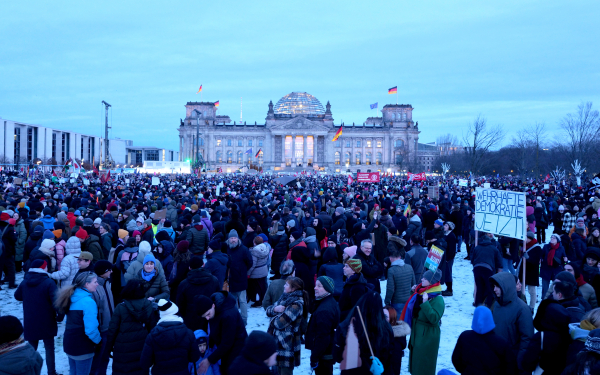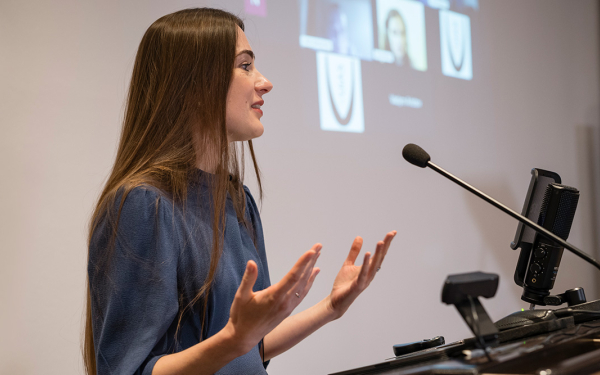A New Beginning for the Ukrainian Pharmaceutical Industry

Ukraine faces the challenge of rebuilding its economy. A new research project is investigating how its industrial heritage can be effectively leveraged to modernise the pharmaceutical industry and integrate it into the European market.
Ukraine is at a crossroads. The damage caused by the war is enormous, and rebuilding the country will be a significant task that requires support. The pharmaceutical sector, which was once an important part of the Soviet supply chain, could play a central role in this process. This is where the new research project 'From Legacy to Leadership: A Playbook to Rebuild Ukraine's Pharmaceutical Industry in Partnership with the EU' by Prof. Dietmar Harhoff from the Max Planck Institute for Innovation and Competition comes in, with the aim of developing a modern and competitive pharmaceutical industry in Ukraine.
Strategically exploiting industrial heritage
Despite the major challenges, there is positive potential in the historical heritage of the Ukrainian pharmaceutical industry from the Soviet era: over 70 per cent of the Soviet Union's total research, development and production capacity in the pharmaceutical sector was located in Ukraine. The German-Ukrainian project team now aims to use this 'industrial memory' to lay the foundations for an innovative and stable industry. This should not only contribute to stabilising the Ukrainian economy, but also improve the supply of medicines in Europe. In times of global uncertainty – whether due to pandemics or geopolitical tensions – this would be a valuable contribution to diversification and resilience.
Four-stage research approach
The project, which will run for 18 months and involves numerous scientists from Ukraine in addition to MPI researchers, comprises four central work packages. The first step is a comprehensive secondary analysis of the current and historical role of the Ukrainian pharmaceutical industry. Important challenges such as production capacities, supply chain difficulties and technological deficits will be examined, as will the legal framework.

Kharkiv University was hit by several Russian missiles – the scientific landscape as well as the economy need to be rebuilt.
In the second step, interviews with key players from Ukraine and Europe will be conducted to identify the needs and visions of stakeholders. Synergies between Ukrainian and European pharmaceutical companies will be examined. Case studies will highlight the role of start-ups in particular in order to identify potential competitive advantages for Ukraine.
The third package focuses on the attractiveness of cooperation between the EU and Ukraine in the pharmaceutical sector. Policy measures such as long-term procurement contracts will be analysed in order to derive clear recommendations for action.
Finally, well-founded policy recommendations will be developed for the European Commission to support the (re)development of the Ukrainian pharmaceutical sector and promote Ukraine's integration into the EU in the long term.
More than a research project
The funding from the Volkswagen Foundation is based on the fact that the use of industrial heritage promises early progress in the development of the Ukrainian pharmaceutical industry. Harmonising Ukrainian pharmaceutical legislation with EU standards could also facilitate possible EU accession. The Max Planck Institute has already carried out extensive preliminary work and distinguished itself through discussions on critical issues such as access to medicines during the war in Ukraine.
'The research project offers a valuable opportunity to promote academic dialogue and develop concrete steps for a sustainable future,' explains Dr. Victoria Abakumovski, the responsible program manager at the Volkswagen Foundation. 'We see this not only as an opportunity to provide support, but also as a chance to usher in a new era for the Ukrainian pharmaceutical industry in collaboration with science, industry and politics, and to integrate it effectively into the European market.'


